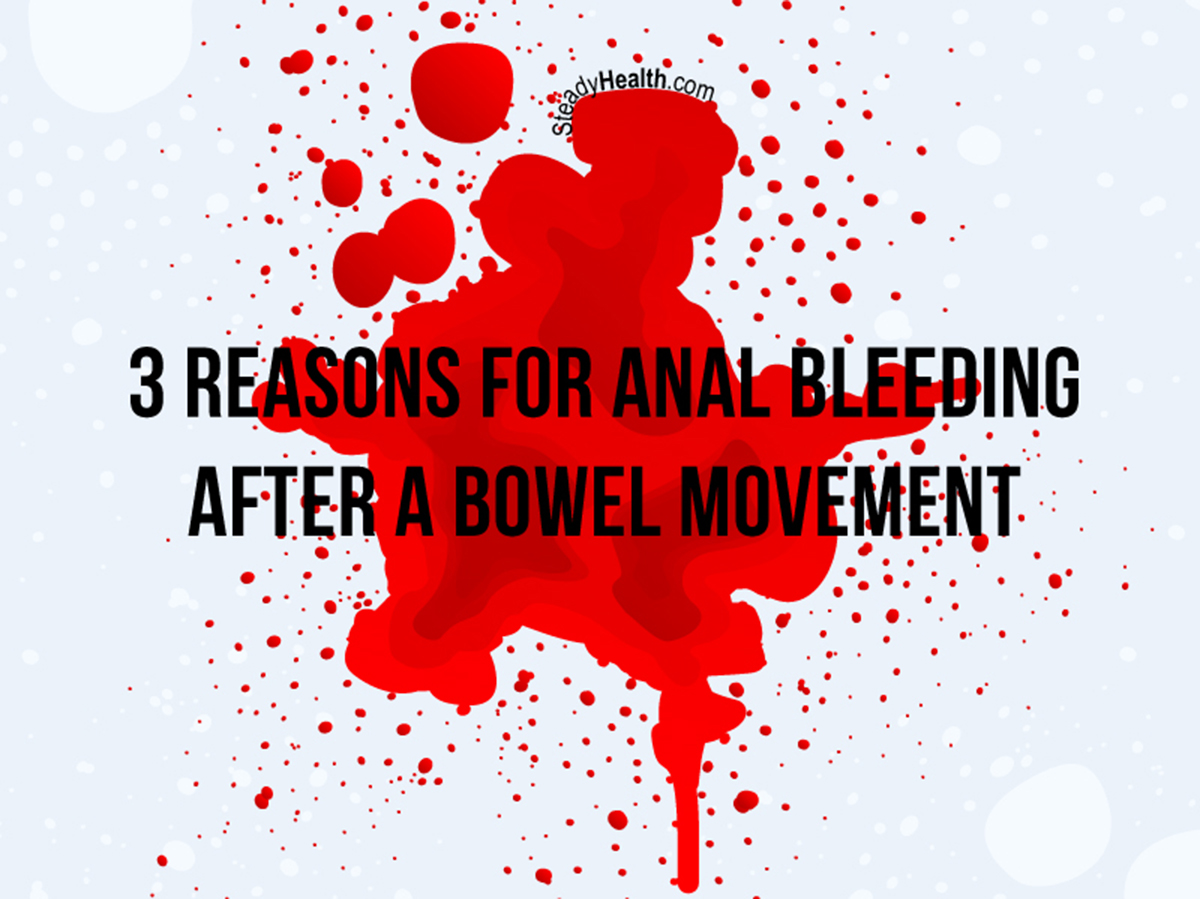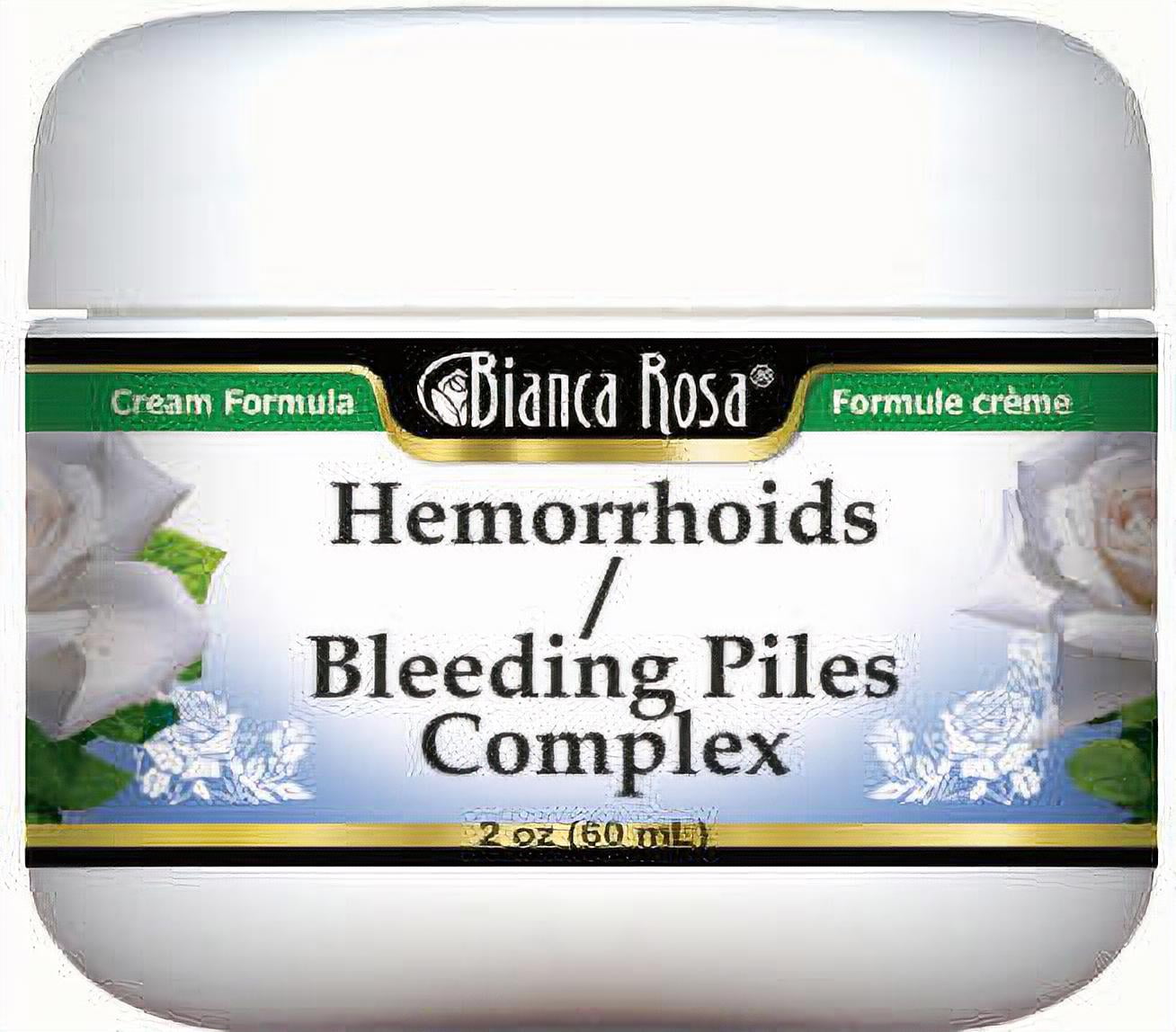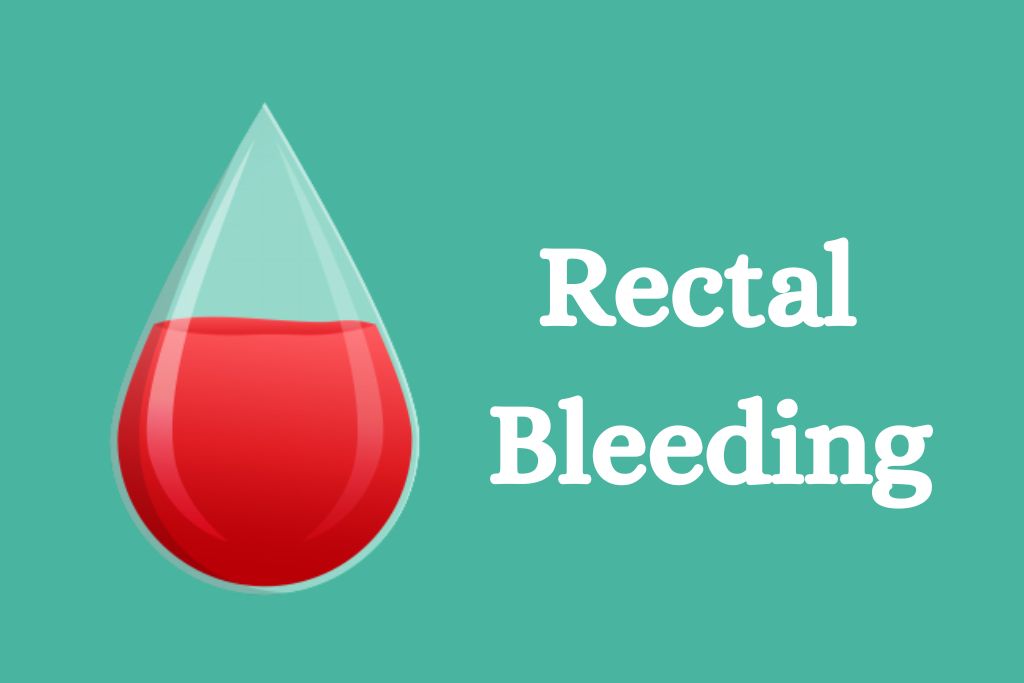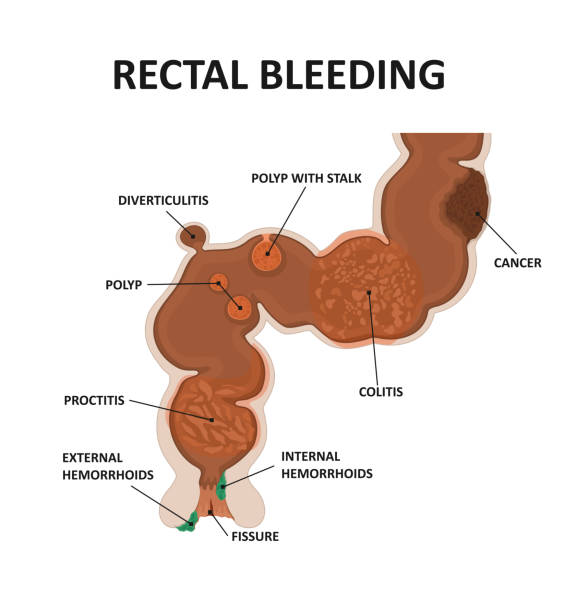Great Info About How To Stop Rectal Bleeding

Dizziness or lightheadedness after standing up.
How to stop rectal bleeding. Blood in your poo or bloody diarrhoea. Bleeding in the digestive tract is a symptom of a problem rather. Seeing blood in the toilet after you have had a bowel movement is more common than you might guess.
Find out the possible causes, symptoms and treatments of rectal bleeding and when to. Seek emergency help if you have significant rectal bleeding and any signs of shock: Why does it happen?
For minimal bleeding due to hemorrhoids or rectal fissures, physicians will usually direct home treatment with lots of water, ice packs and possibly over the counter. Tips to beat bowel cancer. Stopping the bleed.
This is known as rectal bleeding and it can occur for many. Hemorrhoids are swollen blood vessels in and around the anus and rectum. It is common to see blood on the toilet paper, around the stool (poo), or in the toilet after a bowel motion.
Large amounts of bright red blood, clots in the toilet bowl, or nonstop bleeding. Call 911 if you have: There are multiple potential causes, ranging from from.
Shower often and consider using a squirt bottle with. Use coupons for rectal bleeding treatments like colace ( docusate ), metamucil fiber ( psyllium ), proctocort ( hydrocortisone cream ), and prednisone to save. The gut (gastrointestinal tract) starts at the mouth and ends at the.
If it doesn't, treatment depends on where the bleed is from. Blood can be on or in the stool, be combined with mucus in the stool, or appear on your clothes and underwear, on toilet paper, or in the toilet water. If rectal bleeding is accompanied by severe abdominal pain, vomiting that won’t stop, or dizziness and fainting, call 911 and.
What your doctor will check. Gi bleeding often stops on its own. In many cases, bleeding can be treated with medicine or a procedure.
What can cause rectal bleeding? Learn how to stop rectal bleeding from hemorrhoids, ulcers, fissures and other conditions. Pink water in the toilet bowl.
Rectal bleeding (also called hematochezia, meaning bright red blood in the stool) is a symptom of a problem in the digestive tract.

:max_bytes(150000):strip_icc()/advice-about-bright-red-blood-in-stool-796937-v3-004a17fa66384362918ed65f63233acd.png)
















